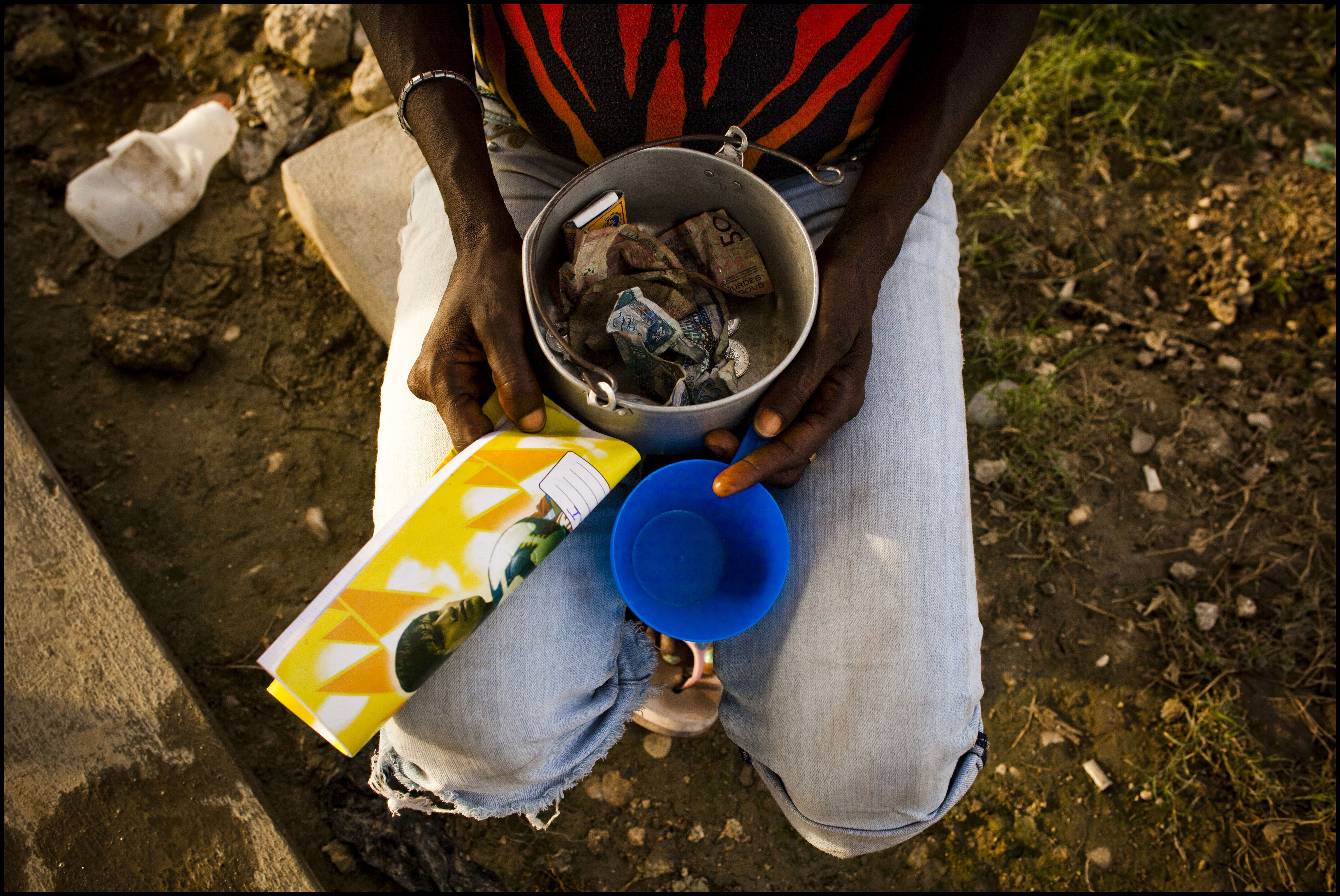Millions of workers and their families move between the countries of the Global South each year, seeking to reduce what they see as the gap between their own position and people in other, wealthier places.
Migration has the potential to reduce inequalities and contribute to development. Yet increased barriers to migration, irregular and precarious journeys, poor labour conditions and a lack of rights for migrants and their families mean that this is neither straightforward or inevitable. Meanwhile the impact of migration on relational income equalities with and between countries of origin and destination is poorly understood.
Our research examines:
- The ways in which income inequalities contribute to patterns of migration, for example by pushing people who are economically excluded to move or providing increased opportunities for those with sufficient resources.
- The mechanisms by which resources are transferred back to places of origin and their impact on poverty and income inequalities.
- The impacts of migration on patterns of inequality in places to which people move, including the socio-economic position of migrants in the corridor relative to other populations.
- The ways in which migration within each corridor shapes poverty and income inequalities between origin and destination countries.
Research Context
This work package pursues three broad areas of enquiry across each of the three corridors (Ethiopia-South Africa, Ghana-China, Burkina Faso-Cote D’Ivoire), addressing the following overarching questions: 1) How does migration influence inequality in areas of origin; 2) what are the implications of settlement of migrants on inequality in destination countries, and 3) to what extent is movement in the corridor shaped by and shaping inequality between origin and destination countries?
We consider the interplay of poverty, income inequalities and migration in sending areas, areas of destination, and return areas. In sending areas, we consider how differential access to resources enables people’s migration and decision-making about migration, and then consider key mechanisms through which migration affects income levels and inequality. We consider transfers from migrants to the origin area and the return of migrants to the origin area. In destination areas we ask what are the implications of settlement of migrants on inequality in those destination areas. Finally, we look at larger scale questions about inequality between sending and receiving countries, and the wider societal impact of migration.
This work package also explores some elements of inequality that are indirectly related to income: inequalities related to attitudes that give preference to, or discriminate against, people on the basis of, e.g. ethnicity, religion, occupation, access to remittances or migrants, etc.
Research Questions
- To what extent does access to migration in the corridor change inequality in the areas of origin?
- What are the implications of the settlement of migrants on inequality in destination areas? (Destination country)
- To what extent is movement in the corridor shaped by and shaping inequality between origin and destination countries (both sending and receiving country)?
